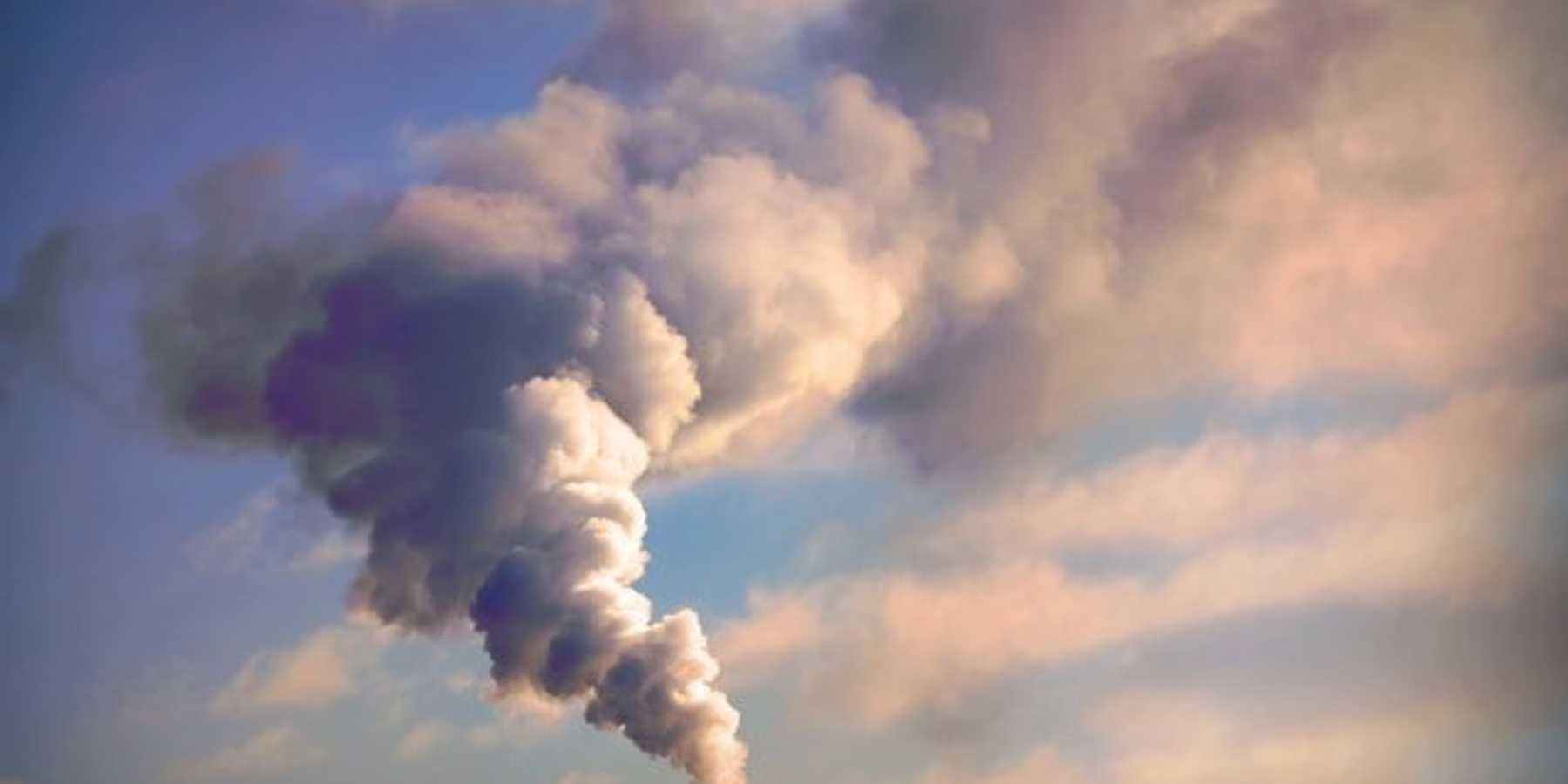
Climate contrarians play role in EPA move to revoke finding that climate change endangers human health
The U.S. Environmental Protection Agency proposed repealing a foundational 2009 finding that links human-caused climate change to public health risks, basing its decision in part on a report authored by researchers who have sought to inject doubt into the scientific consensus.
Ella Nilsen and Andrew Freedman report for CNN.
In short:
- The 2009 endangerment finding underpinned U.S. regulations on greenhouse gas emissions from cars, power plants, and oil and gas operations.
- The proposed repeal draws on a report authored by five scientists known for rejecting mainstream climate research and is framed as the administration’s largest deregulatory move to date.
- Climate scientists say evidence of harm from rising temperatures has only strengthened since 2009, with global warming accelerating extreme weather events and threatening food and water systems.
Key quote:
““It reads like a blog post — a somewhat scattershot collection of oft-debunked skeptic claims, studies taken out of context, or cherry-picked examples that are not representative of broader climate science research findings. The fact that this has been released at the same time that the government has hidden the actual congressionally mandated national climate assessments that accurately reflect the science only further shows how much of a farce this is.”
— climate scientist Zeke Hausfather
Why this matters:
Scrapping the endangerment finding would strip away the federal government’s authority to regulate greenhouse gases, the primary driver of global warming. The United States remains the second-largest emitter in the world, and its emissions continue to fuel record-breaking heat, severe storms and rising seas. Public health research shows that warming intensifies respiratory illness, worsens air quality, and increases deaths from heat waves and floods. Without federal limits, state-level protections may splinter, leaving vulnerable communities exposed to mounting climate hazards. The rollback also signals a broader shift away from science-based policymaking, raising concerns about how the country will respond to escalating climate risks in coming decades.
Learn more: New EPA proposal aims to strike down landmark climate "endangerment finding"













